In order to better promote the healthy development of China's lock industry, improve the level of development of the industry, and enhance the development pattern, on May 12, 2018, the National Hardware Products Standardization Technical Committee Daily Hardware Branch will organize 26 key enterprises from the national lock industry. A total of 49 people, including inspection agency representatives, gathered in Zhuhai City, Guangdong Province to participate in the “GB21556-2008 General Technical Specifications for Locks Safety†workshop. The successful holding of this conference marked the revision of the compulsory national standards for locks. It was put on the work schedule.
Zhang Dongli, Executive Director of China National Hardware Products Association and Chairman of National Hardware Products Standardization Technical Committee, Vice President of China National Hardware Products Association, Secretary General of National Hardware Product Standardization Technical Committee Liu Runfeng, Vice Chairman of China National Hardware Products Association, National Hardware Product Standardization Technical Committee Lu Jiying attended the meeting.
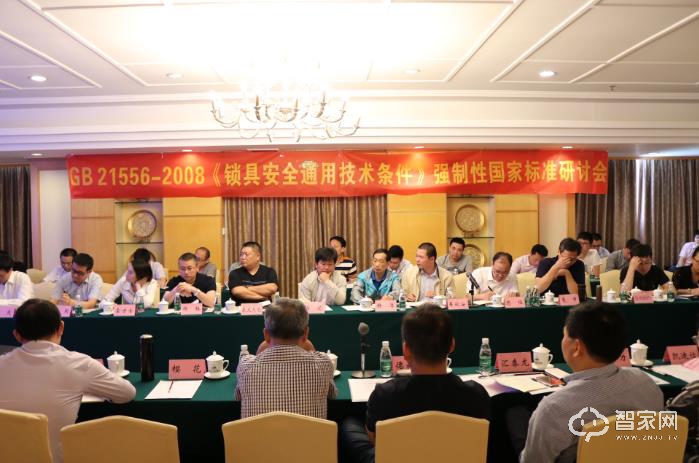
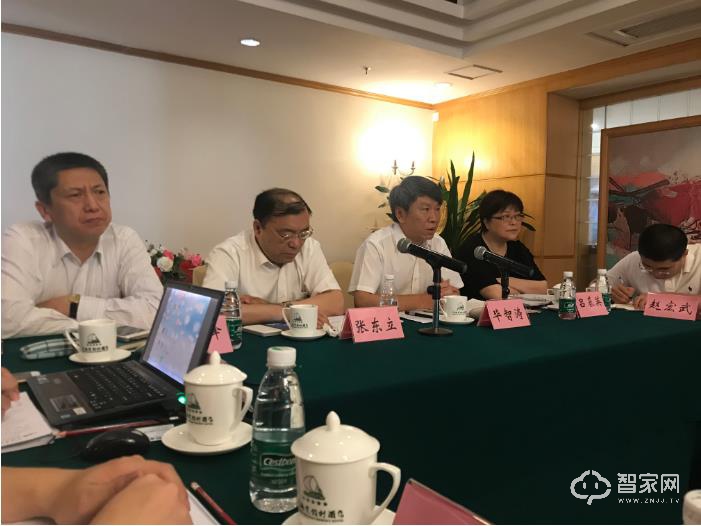
The meeting was chaired by Bi Zhitao, Director of China Daily Hardware Technology Development Center and Deputy Director of National Hardware Product Standardization Technical Committee.
Director Bi Zhitao first introduced the source and related background of the task of the revision of the national standard, emphasized the important purpose and historical significance of the seminar, and affirmed the high recognition and attention given by the lock industry to China's standardization work. It is hoped that the delegates will be able to speak freely about the development trend of lock products, the problems encountered by enterprises in the development process, and the feedback from consumers, and provide advice and suggestions for the revision of the national standard.
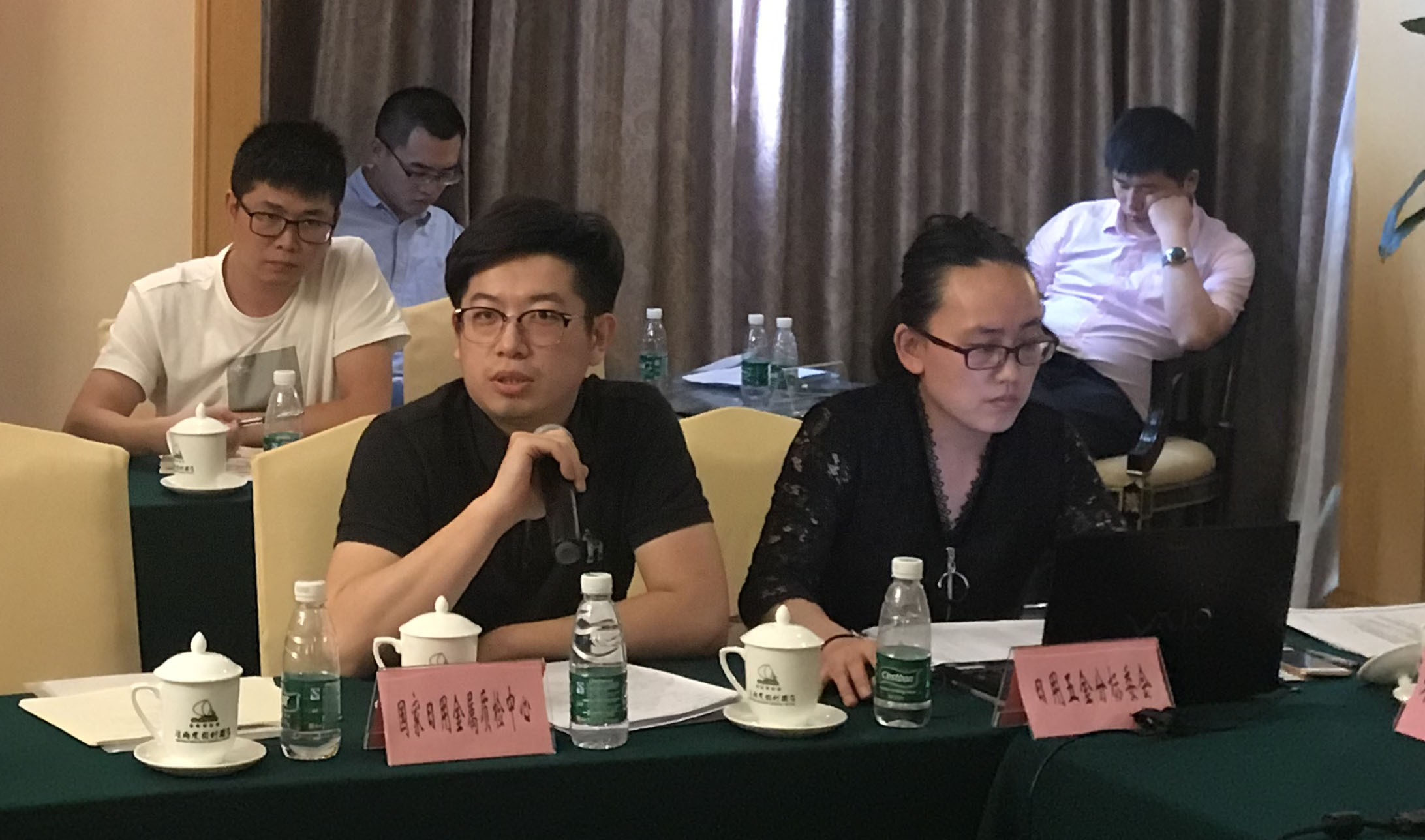
At the meeting, Liao Weina, secretary of the National Hardware Standardization Technical Committee, gave an introduction and interpretation of the relevant domestic standards for locks. Fu Hongbo, the National Quality Supervision and Inspection Center for Metal Products, practiced and tested standards for lock products. In conjunction with other aspects, they shared with the delegates.
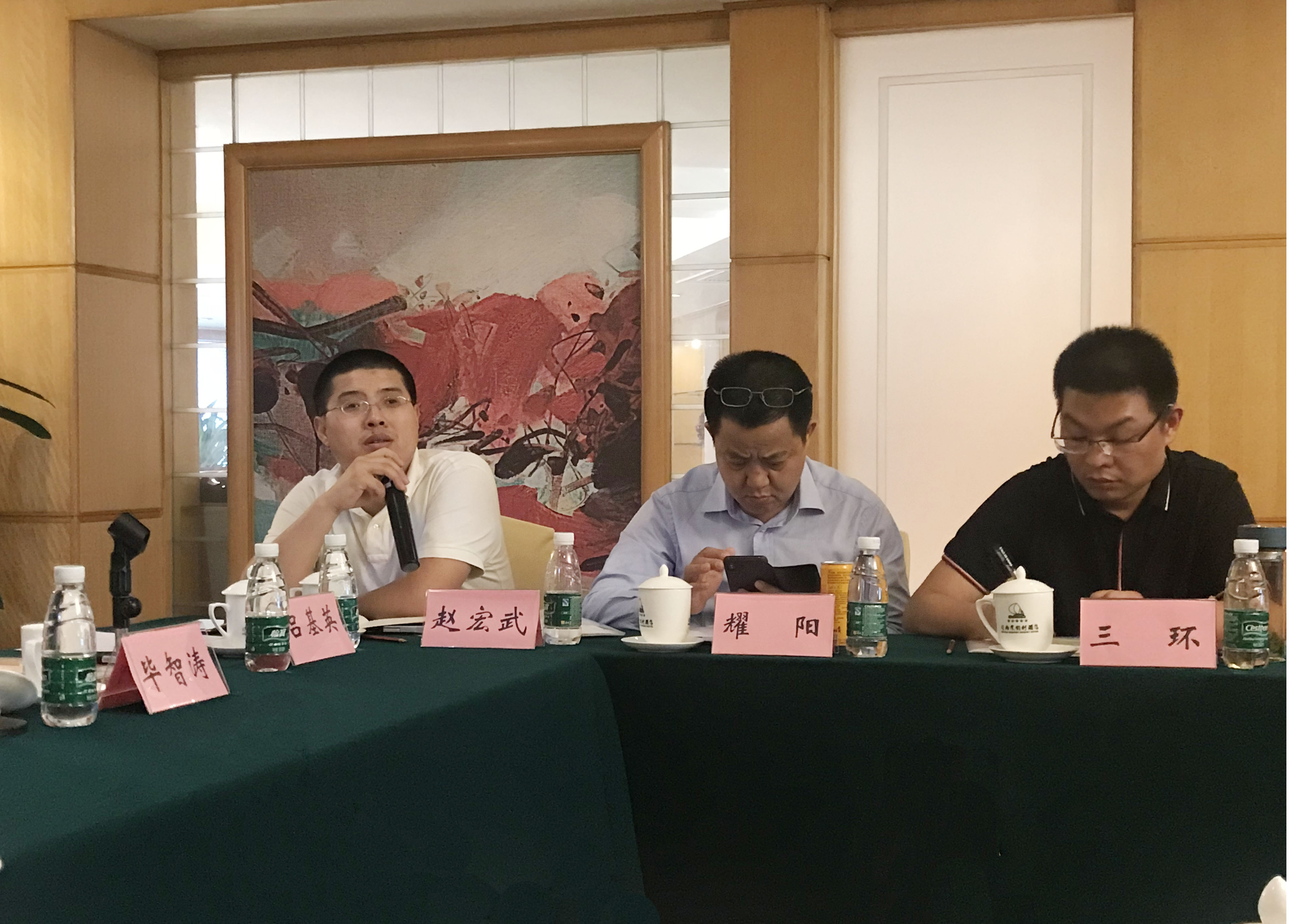
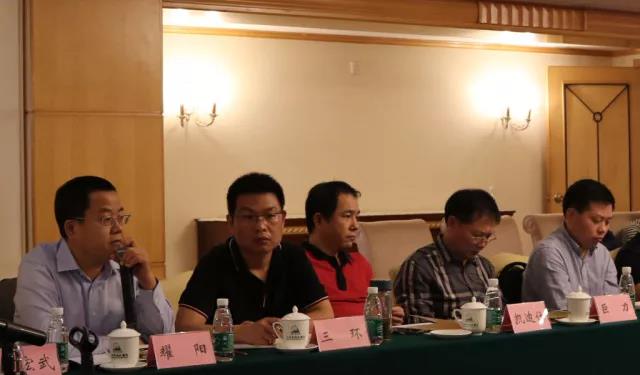
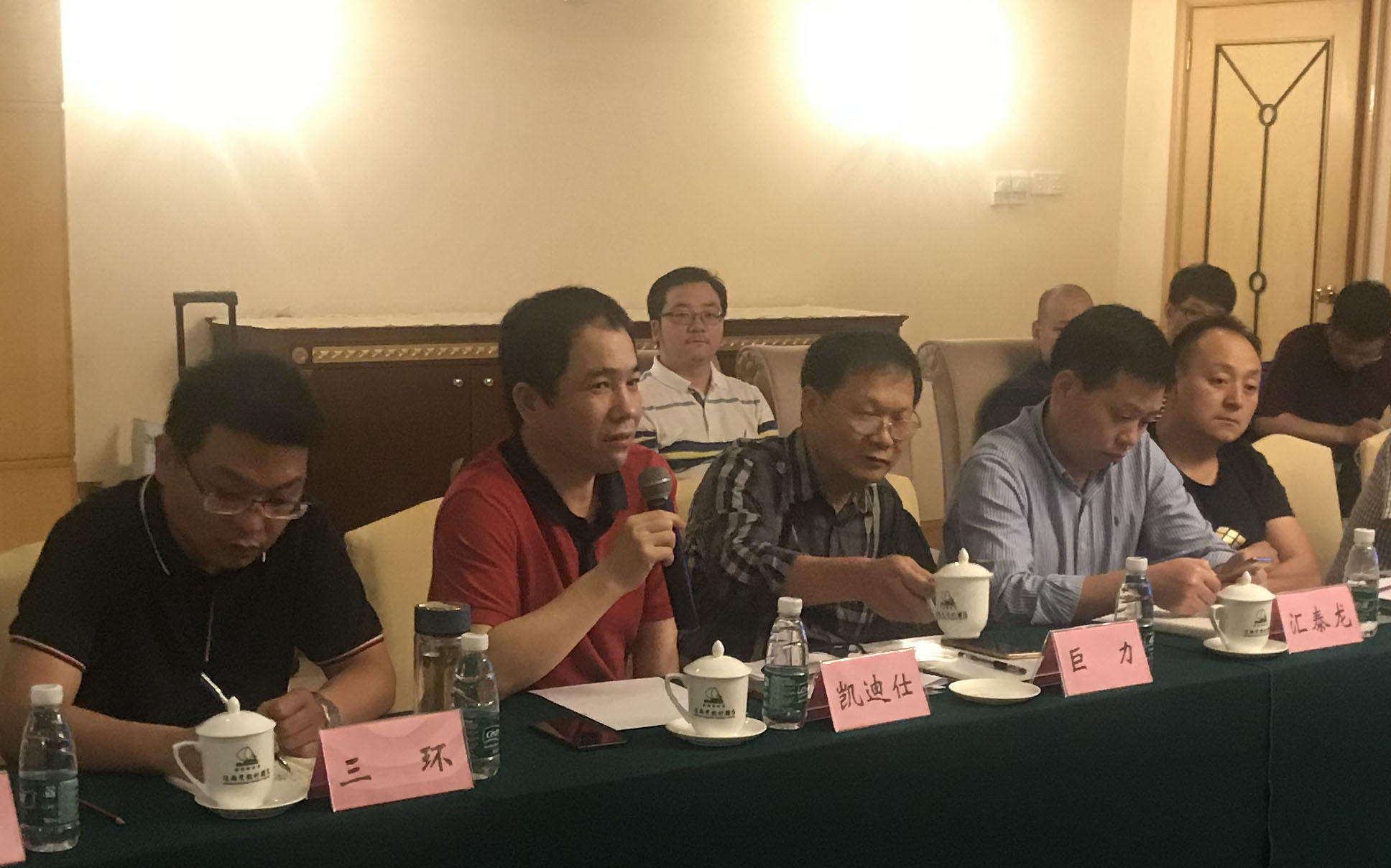
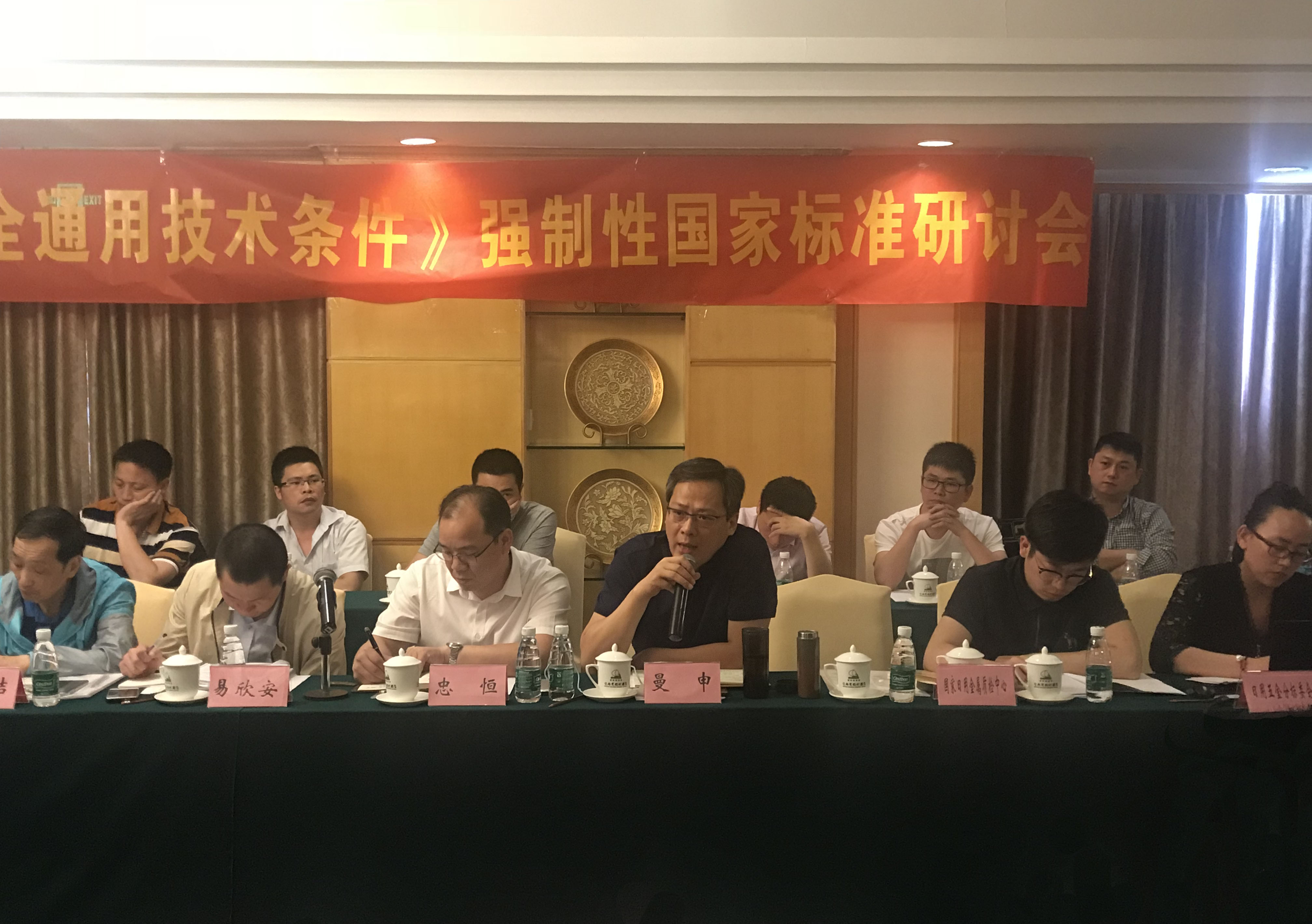
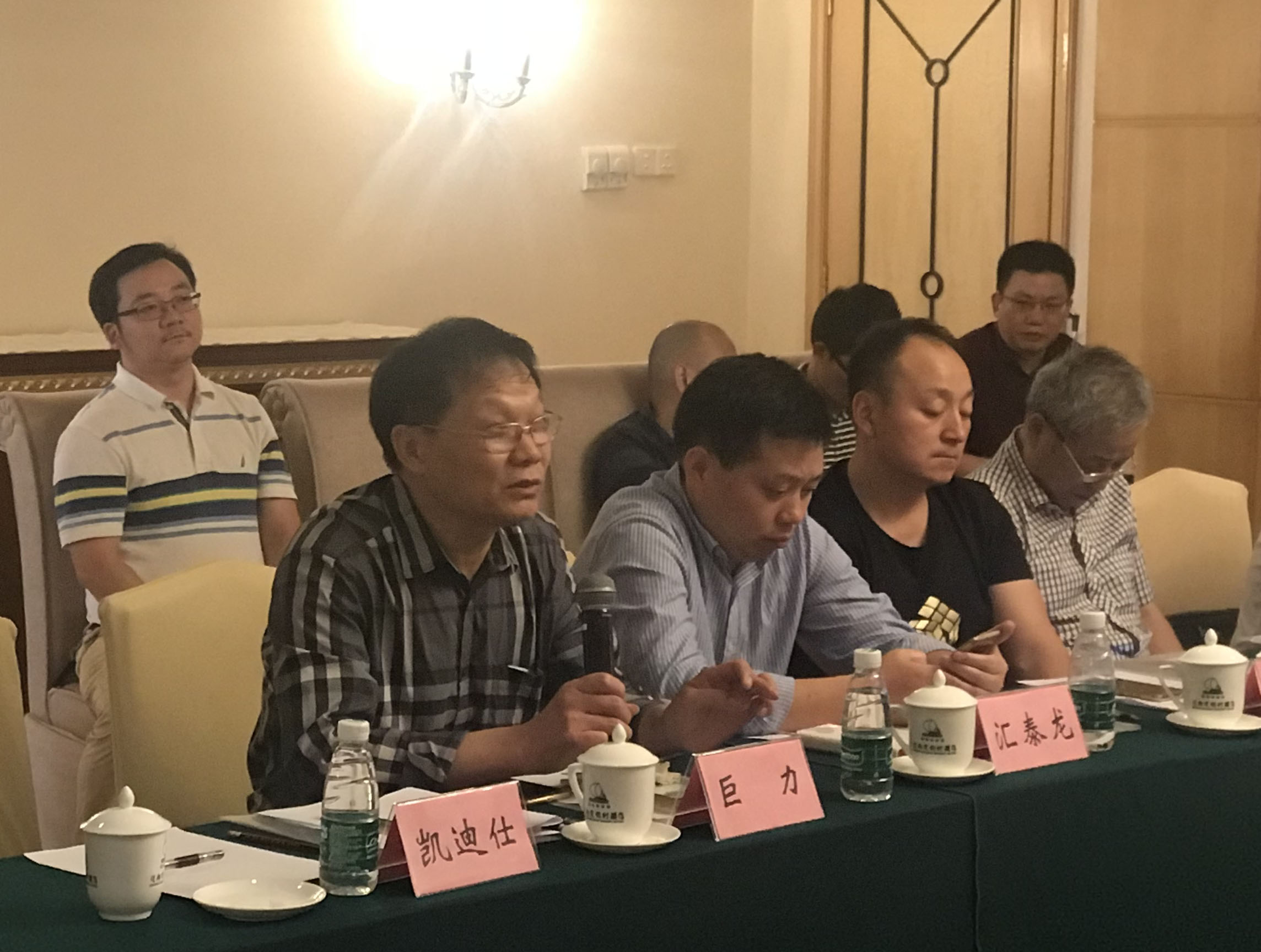
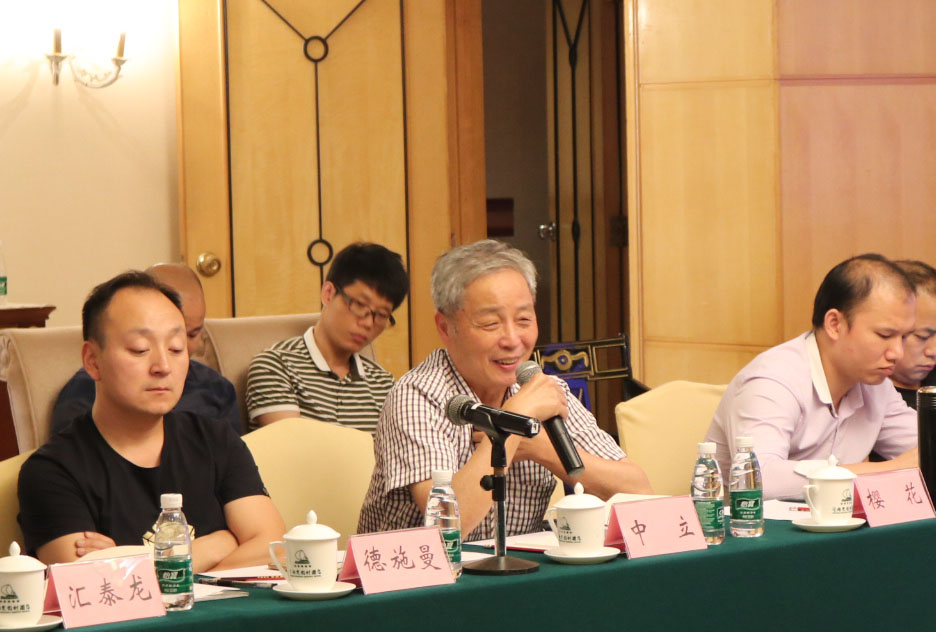
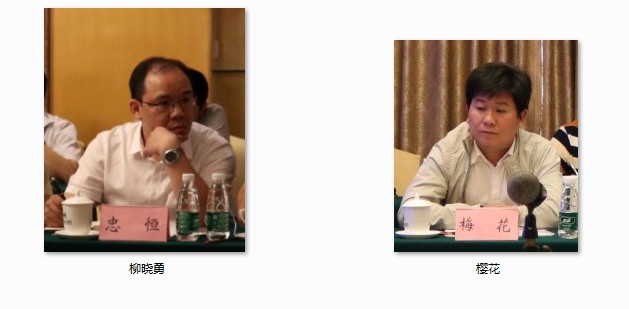
Delegate representatives introduced the current status, development, existing problems of the lock industry in China, and the actual situation of the company. They also emphasized the research and resolution of issues related to the revision of the national standard, such as the scope of application of standards, system security of electronic locks, Network security, circuit board environmental protection, durability, emergency start-up, operating current, and undervoltage indications have been extensively, fully, and thoroughly discussed and discussed.
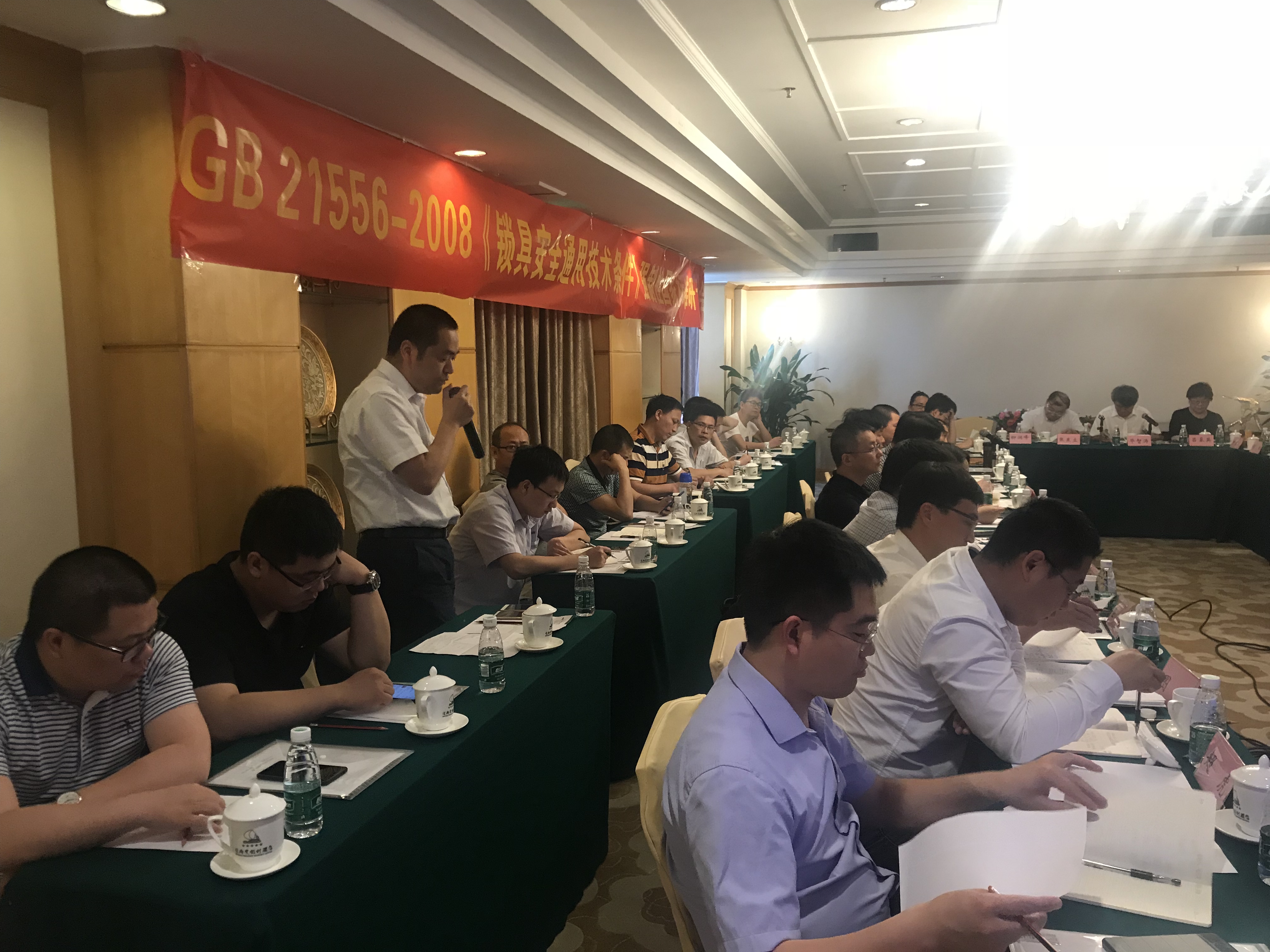
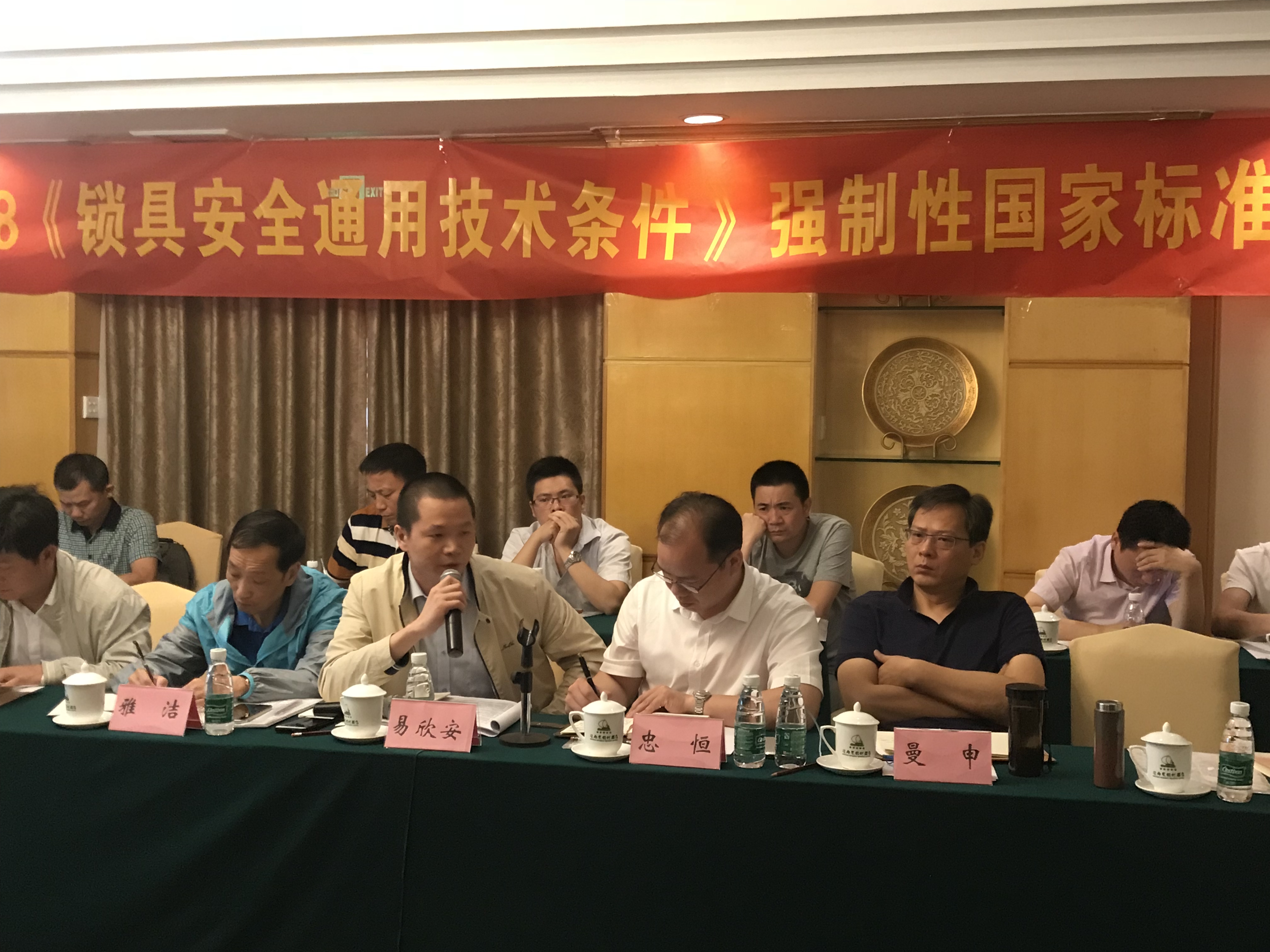
The delegates agreed that in recent years, China's lock industry has made considerable progress and progress. It has made outstanding contributions in safeguarding personal and property safety and social stability and prosperity, but in order to enable the lock industry to remain healthy and benign The development of the national standard GB21556-2008 "Safety of Locks General Technical Specifications" is very necessary and timely. The revision of this standard should be based on the revision and improvement of the original national standard, combined with the content of this seminar. Additions are made so that revised standards reflect scientificity, practicality, security, forward-lookingness, and operability.
At the same time, the meeting reached a consensus on the scope of application of the standards, the framework, and the revised principles of the standards, and explained the principles, requirements, and working procedures of the drafting group.
Zhang Dongli, executive director of China National Hardware Products Association and chairman of the National Hardware Products Standardization Technical Committee, summarized the meeting.
He affirmed the achievements of the seminar and emphasized that the revision of this standard should fully consider the actual situation and development trend of the industry. In the process of revision of the standard, the relevant principles and requirements of the standardization work must be strictly observed, so that the revised The standards are more scientific, rational, mature, safe and reliable.
The conference was carried out in an enthusiastic, harmonious, rigorous, and pragmatic atmosphere from beginning to end. After one day of lively discussion and research, the entire agenda of this conference was satisfactorily completed.

Plasticizer is widely used in industrial production of polymer materials, also known as plasticizer. Any substance added to a polymer material that increases the plasticity of the polymer is called a plasticizer. Plasticizer can improve the performance of polymer materials, reduce production costs and increase production benefits. [1] is a kind of important additives, chemical products as additives commonly used in plastics, concrete, mortar, the material such as cement, gypsum, cosmetic and detergent, especially in PVC plastic products, in order to increase the plasticity of the plastic and improve the strength of the plastic, you need to add phthalic acid ester, sometimes its content can be up to 50% of the products. Weakened the effect of plasticizer mainly resin molecular valence bond between time, increase the mobility of the resin molecular bonds, reducing resin molecular crystalline, increase the plasticity resin molecules, enhanced the flexibility, easy to machining, can legally used for industrial purposes, widely exists in food packaging, cosmetics, medical equipment, water and environment. Such as plastic wrap, food packaging, toys and so on.
Imported Bio-Based Plasticizer
Imported Bio-Based Plasticizer,Bio-Based Dammar Plasticizer,Bio-Based Pvc Additives,Fatty Alcohol Plasticizers
Xingbang High Molecular Materials Co., Ltd. , https://www.chemicaladditive.com